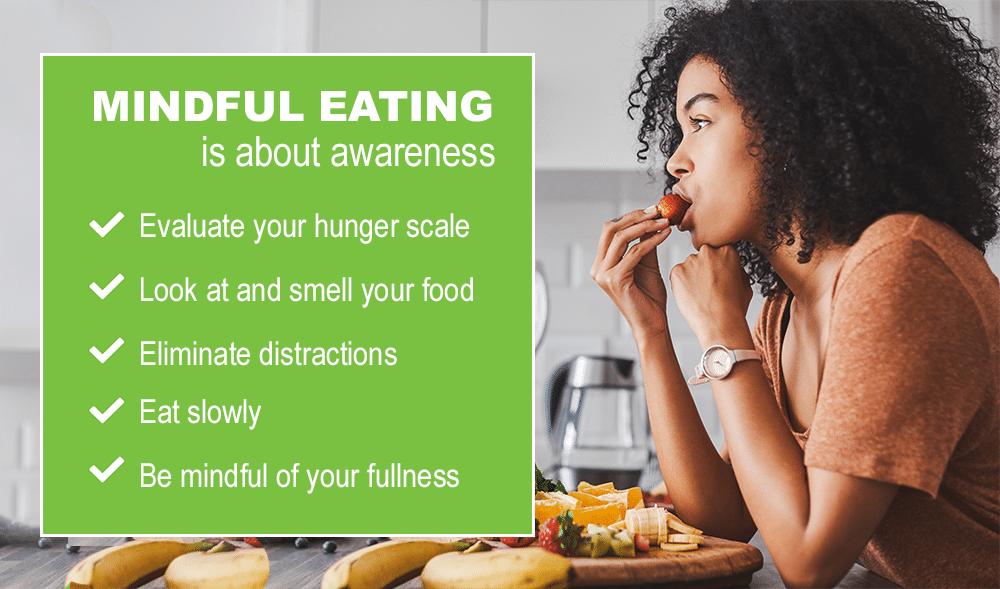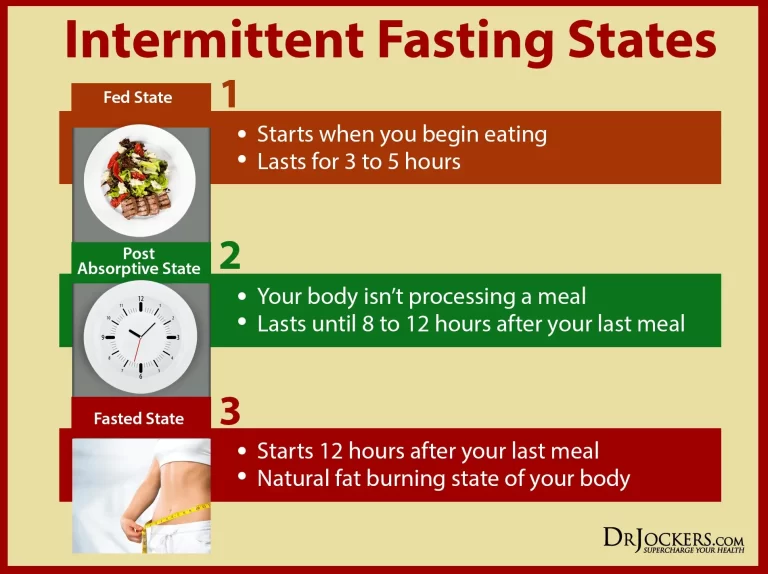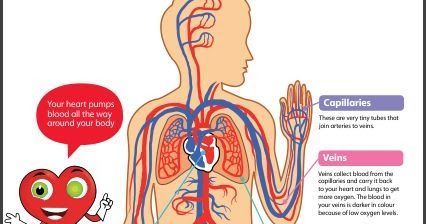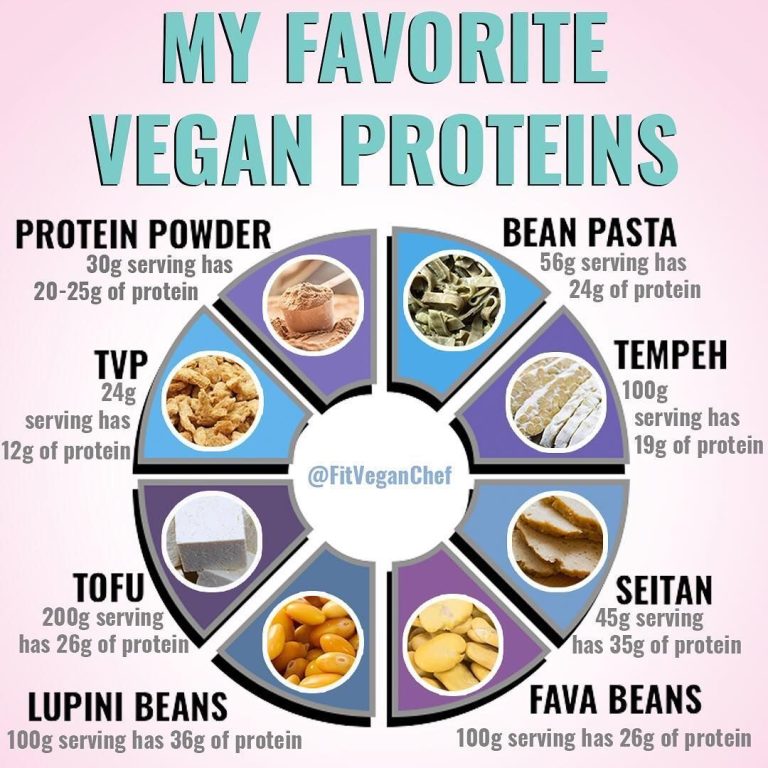When it comes to weight loss, many people focus solely on restrictive diets and intense exercise regimens. However, a sustainable approach to weight loss involves not only what we eat but also how we eat. Mindful eating is an ancient practice that has gained popularity in recent years, and for good reason. By engaging with our food in a more conscious and present manner, we can develop healthier eating habits that lead to long-term weight management and overall well-being.
The Basics of Mindful Eating
Mindful eating is centered around paying attention to the present moment experience of eating, without judgment. It encourages awareness of physical hunger and satiety cues, as well as the taste, texture, and aroma of the food we consume.
To practice mindful eating, start by slowing down and savoring each bite. Focus on the sensory aspects of the food, such as its flavors and smells. Pay attention to how each bite feels in your mouth and take note of the sensations and textures you experience. By fully engaging your senses, you can develop a greater appreciation for the food you eat.
The Benefits of Mindful Eating for Weight Loss
Mindful eating offers numerous benefits when it comes to weight loss and weight management:
1. Increased Awareness of Hunger and Fullness
By paying attention to our body’s hunger and fullness cues, we can prevent overeating and make conscious decisions about when to stop eating. This helps in maintaining a calorie balance suitable for weight loss.
2. Enhanced Food Satisfaction
Mindful eating allows us to fully enjoy and appreciate the flavors of our meals. By savoring each bite, we can experience greater satisfaction with smaller portions, reducing the likelihood of binge eating or mindless snacking.
3. Emotional Regulation
Many people turn to food as a coping mechanism for stress, anxiety, or other emotional triggers. Mindful eating encourages us to observe and accept our emotions without relying on food for comfort. By developing healthier coping strategies, we can avoid emotional eating and better manage our weight.
4. Improved Digestion
When we eat mindfully, we naturally chew our food more thoroughly, aiding in better digestion. Additionally, by being present and relaxed during meals, we reduce the likelihood of digestive discomfort.
Incorporating Mindful Eating into Your Daily Routine
While incorporating mindful eating into your daily routine may take time and practice, the following tips can help you get started:
1. Slow Down and Eliminate Distractions
Avoid eating while working, watching television, or scrolling through your phone. Instead, create a calm and dedicated space for meals. Take your time to chew thoroughly and truly savor each bite.
2. Listen to Your Body
Pay attention to your body’s hunger and fullness signals. Eat when you are physically hungry, and stop eating when you feel comfortably satisfied. This helps establish a healthier relationship with food and prevents overeating.
3. Engage Your Senses
Take the time to appreciate the colors, smells, and tastes of your food. Chew slowly and notice the textures and flavors as you eat. Engaging multiple senses can enhance the enjoyment of your meal.
4. Be Mindful of Emotional Triggers
Notice if certain emotions or situations lead to mindless eating. Instead of reaching for food, find other healthy ways to address those emotions, such as going for a walk, practicing deep breathing exercises, or journaling.
Conclusion
Mindful eating is a powerful tool for sustainable weight loss. By developing a deeper awareness of our body’s hunger and fullness cues, as well as our emotional triggers, we can make conscious food choices that support our overall well-being. Incorporate mindful eating into your daily routine and witness the positive impact it can have on your relationship with food and your weight management journey.









